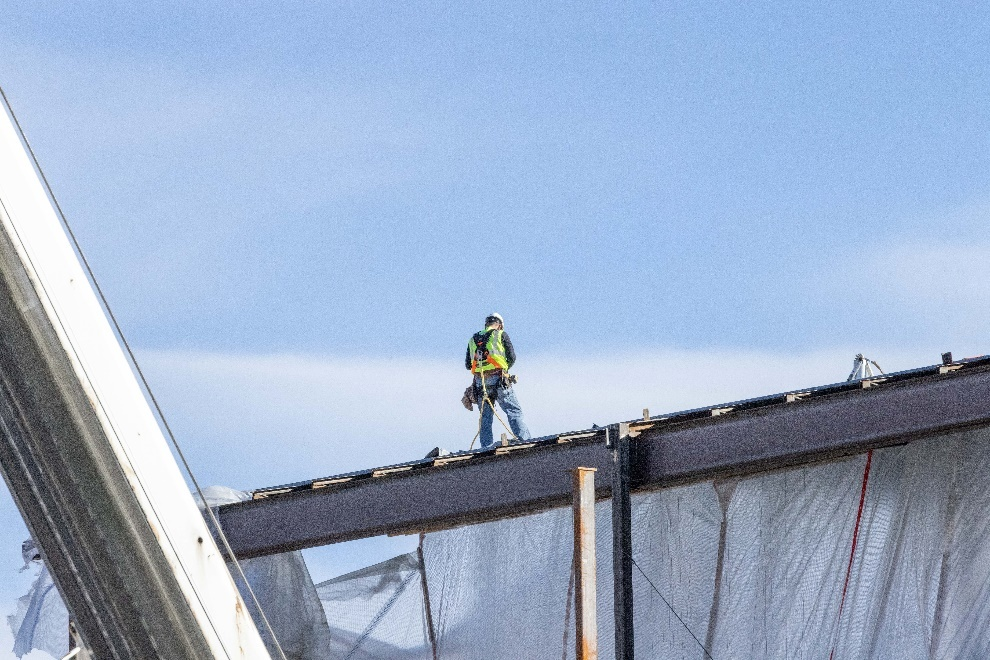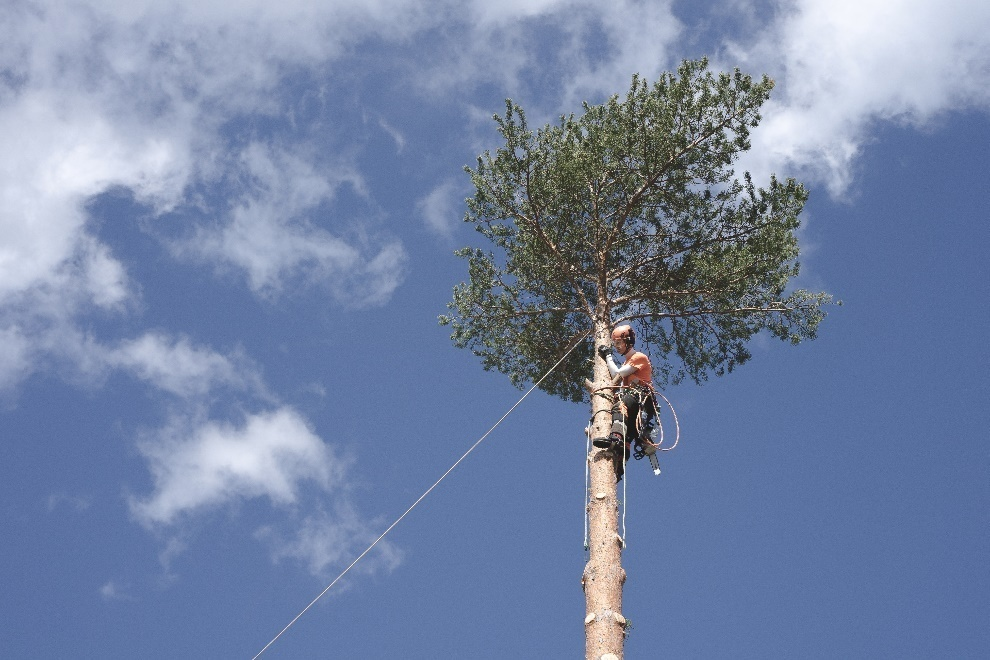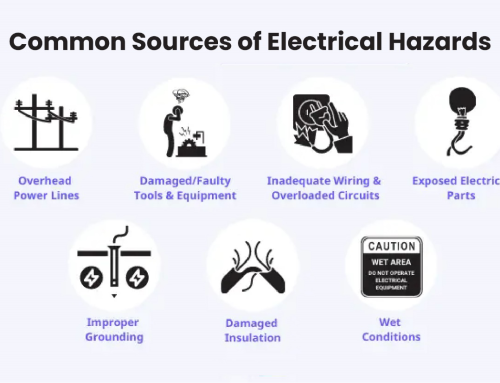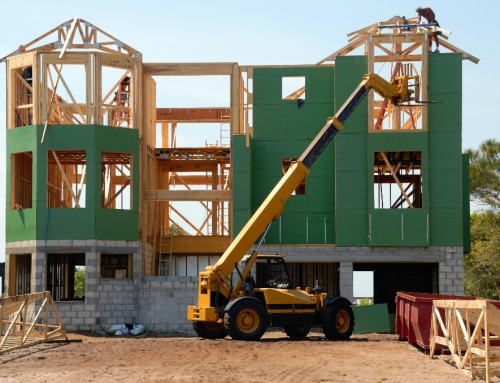According to data compiled by the Association of Workers’ Compensation Boards of Canada (AWCBC), 925 Canadian workers lost their lives on the job in 2019. Moreover, in 2020, 924 Canadian employees died from occupational-related causes, according to data compiled by the Association of Workers’ Compensation Boards of Canada (AWCBC).
These alarming statistics are just one reason Metro Safety cares about workers in all sectors, promotes the importance of first aid training in the workplace, and offers workplace safety training in BC.
In light of the fact that approximately one thousand Canadians lose their lives on the job every year, it seems appropriate to examine some of the most hazardous occupations in the country.
Fishers
Death by drowning has been the outcome of working in seas that have not been previously explored, sometimes during periods of harsh weather.
Due to their isolation at sea and lack of access to basic first aid supplies, fishers are at a higher risk of contracting infections after suffering injuries. In light of this, it’s more important than ever to acquire basic first aid training to prevent accidents like this.
Logging and Forestry
Workers in the forestry industry who chop down trees for lumber have a higher risk of dying from a fall due to the unsafe conditions in which they are required to do their duties. Due to the nature of the work, employees may come into contact with hazardous materials and be subjected to the risks associated with operating heavy machinery.
The majority of fatalities in this industry are caused by injuries sustained while operating large pieces of machinery. Loggers in Canada face several hazards on the job, including working in unforgiving terrain and cutting branches without the benefit of a platform to steady them.
Roofers
Roofing is still one of the most hazardous jobs around. Roofing workers in Canada have a fatality rate five times higher than police officers due to the dangers of falling debris, falling tiles, and working at heights.
Rooftop workers are especially vulnerable to fatal accidents due to factors such as a lack of training, inadequate safety equipment, and the possibility of inadvertent falls. This is why it’s crucial to have a fall protection safety plan in place to safeguard workers and reduce the likelihood of accidents.
Workplace safety training and occupational first aid training are essential in an emergency. Therefore, Metro Safety Training is committed to the health and safety of our clients’ workplaces and offers comprehensive training in theory and practice. However, before enrolling in a course, it’s important to determine what training you need to do your work effectively.
We provide occupational Level 1 first aid, Level 2 first aid, and Level 3 First Aid, amongst other certifications. Contact us today to learn more.








